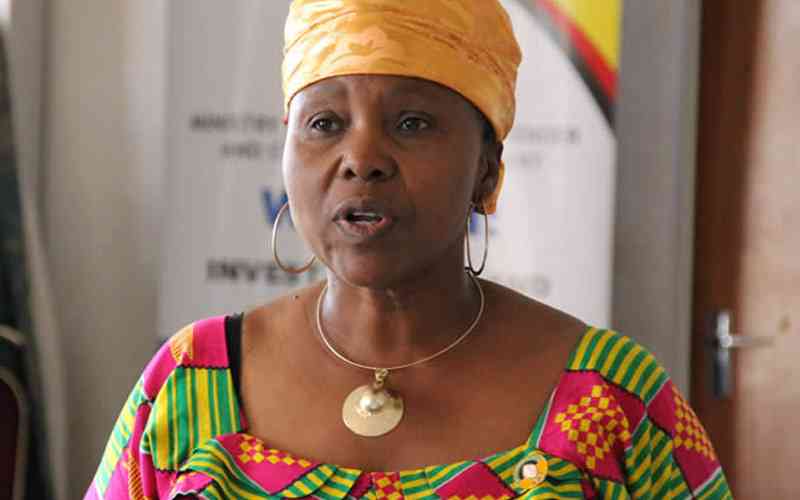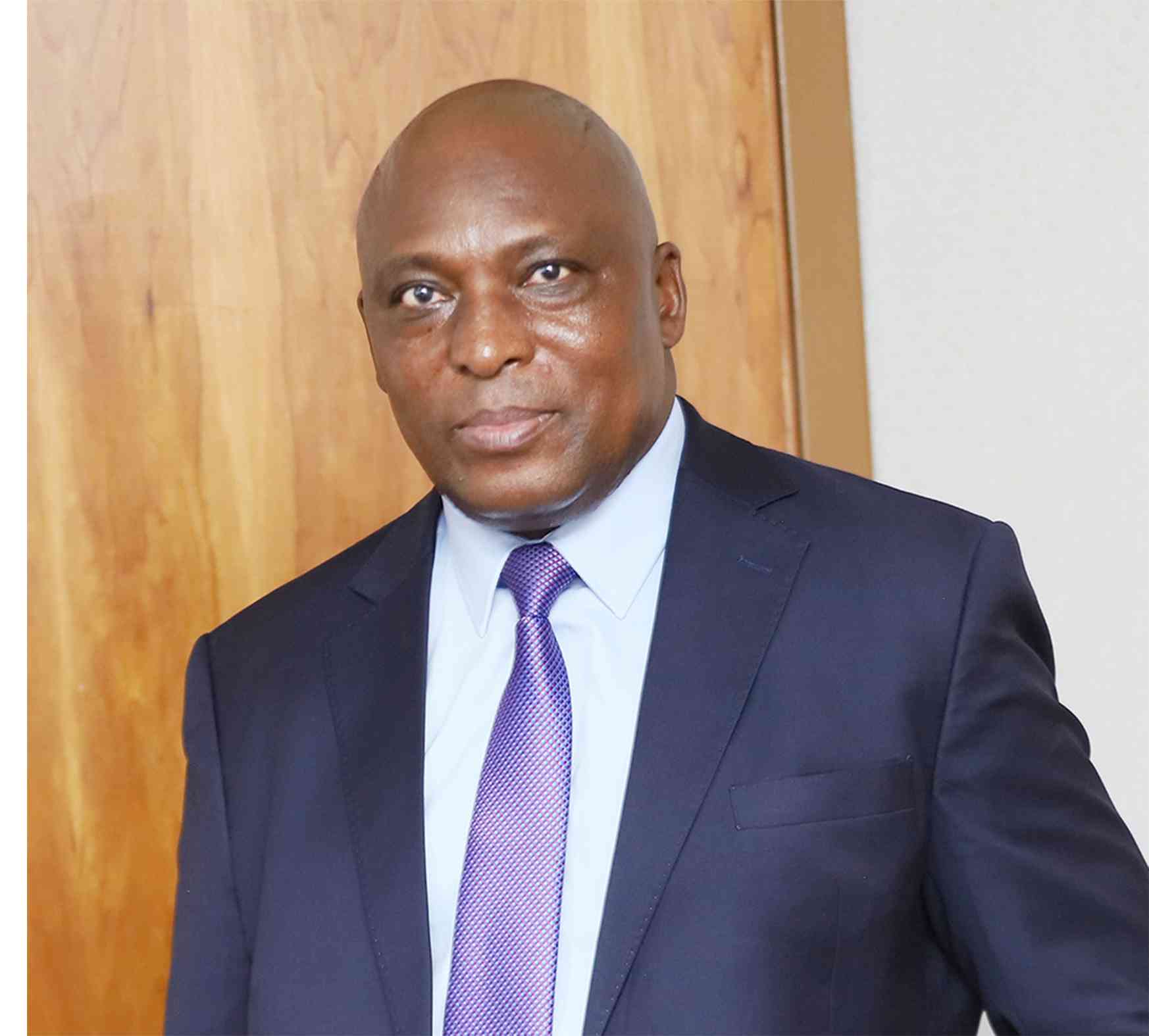
EQUAL participation of women in leadership, whether political or public, is essential to achieve the vision 2030 of Sustainable Development Goals (SDGs), particularly Goal 5.
Goal 5 aspires to realise gender equality and provide women and girls more influence. Gender parity is a fundamental human right. It is also a requirement for achieving every objective in the 2030 Agenda for Sustainable Development.
Zimbabwe’s constitutional-reform process has been built upon the Lancaster House Agreement of December 1979. Zimbabwe adopted a new Constitution in 2013 to replace the gender-insensitive Lancaster House Constitution of 1979 so as to enhance women participation in decision-making.
Notably, Zimbabwe is a signatory to several declarations, such as the Beijing Platform for Action of 1995, the Southern Africa Development Community (Sadc) Gender Protocol on Gender and Development of 1997, the Convention on the Elimination of All Forms of Discrimination against Women of 1979, that aim to enhance women’s leadership and decision-making.
Zimbabwe is cognisant of the African Charter on Human and People’s Rights on the Rights of Women in Africa and the African Union’s Constitutive Act which both stress the need to advance gender equality on the continent as a necessary step towards inclusive and sustainable development.
In 2013, Zimbabwe’s Constitution came into effect providing a women’s quota through the 60 seats for proportional representation, hence increasing the number of women in Parliament.
Zimbabwe has also adopted and implemented the 30% quota system which was agreed upon during the Sadc Declaration on Gender. The quota system allocates 30% of all seats in both urban and rural councils to female councillors.
According to the Inter-Parliamentary Union report on women in politics for 2020, Rwanda leads in women’s participation in Parliament with 61,3%, while South Africa is ranked second. Hence, Zimbabwe is striving to close the gap of under representation of women in politics.
- Mapping roadmap for gender equality in politics
Keep Reading
Women in Zimbabwe are also the largest untapped constituency when it comes to effective citizen participation as well as social and economic development.
The Women Affairs, Community, Small and Medium Enterprise Development ministry has been galvanising women to take action in demanding their constitutional rights and improved service delivery.
As a result of empowerment, women are now taking part in service delivery budget consultations.
Taking a broader view, women make up the majority of Zimbabwe’s voters, making up about 52% of the country’s total population.
Women’s participation in government at all levels, from the local to national, is still incredibly low in Zimbabwe, despite progress in some areas towards raising it.
However, the women’s quota expires in 2023 and the appointment of women should be on merit in order to address the plight of women as it gives representation to voiceless women.
Women are represented well with fellow women because they know grievances and needs of women in the community.
Also, it is important to note the role played by women in the liberation struggle by the likes of Oppah Muchinguri-Kashiri, Monica Mutsvangwa, Joice T Mujuru and the late Thokozile Angela Mathuthu, who contributed immensely to liberation struggle.
Regarding this, Zanu PF further established a women’s wing, the women’s league and being spearheaded by a prominent woman Mabel Memory Chinomona, who is also the former Speaker of the National Assembly and the current Senate president.
Although the ruling party is recognising women participation in politics through its structures, women in general are crying to regain the seat of Vice-President because the presidium is male-dominated. Zimbabwe has had one female VP, Mujuru, in the Presidium since independence in 1980.
Nevertheless, there are factors which are hindering women from participating in politics in Zimbabwe such as acts of violence committed against women with the intention of intimidating and silencing women’s voices in politics, as well as political parties; non-compliance with the Constitution’s gender balance requirements for appointments and candidate selection.
Prominent women in politics in Zimbabwe like Thokozani Khupe and Linda Masarira are called all sorts of derogatory names and this labelling portrays females as irrational when compared to their male counterparts.
Consequently, in the 21st century African women are still marginalised in patriarchal and biased electoral environments although the Zimbabwe government is mapping way forward for full realisation of women’s rights, politically, socially and economically-empowered women and resilient communities enjoying gender equality in a small and medium enterprises driven economy by 2030 will take this country to a higher level.
It is also important to note that women’s participation is also hindered by violence and torture of women, especially from the opposition. Joanah Mamombe, who is also a Member of Parliament for the opposition, is just one example of a woman who may have been victimised and dragged to court for an allegation of faking an abduction, which is militating against women’s participation in politics because of intimidation and use of State apparatus.
Therefore, the voice of women is also silenced because of circumstances emanating from politics which is termed the game of the fittest and the nature of politics which is patriarchal.
Recently, Citizens Coalition for Change (CCC) legislator Jasmine Toffa was assaulted and this instils fear in women to fight for their space in the political arena.
Therefore, government should take note of women in politics and uphold laws and domesticate international laws that protect women against abuse.
Concerning women’s empowerment, government should ensure gender equality in the electoral and political spheres and this demands a thorough legislative framework and the co-operation of various State and non-State actors.
Organisations including the Zimbabwe Electoral Commission (Zec), the courts, government departments, statutory commissions responsible for gender issues, and civil society should up their game.
The charging of exorbitant and arbitrary fees by Zec should stop because these fees hinder women participation in politics.
Civil society has, particularly, been instrumental in ensuring fair political representation and violence-free-elections by providing institutional and legal support that ensures meaningful participation of women in politics.
Government also has to collaborate with women organisations by funding projects and investing in extensive research programmes on women’s participation.







